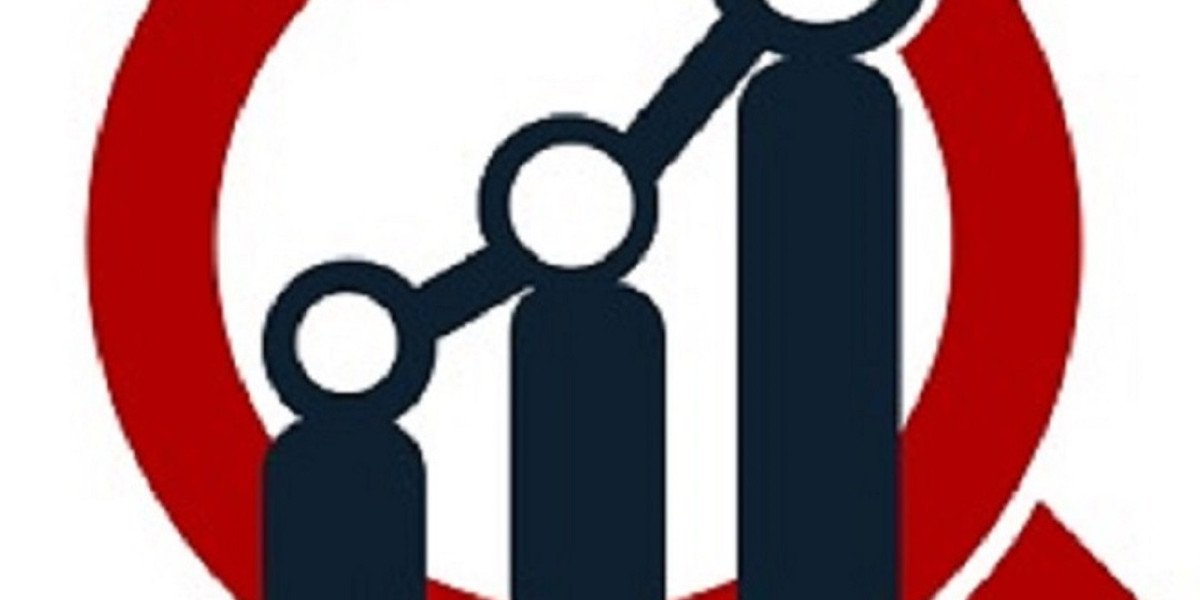The global Takaful Market is experiencing remarkable growth as demand for ethical and faith-based financial solutions rises across both Muslim-majority and non-Muslim regions. Rooted in principles of mutual assistance and Islamic cooperative insurance, the Takaful model offers a Shariah-compliant alternative to conventional insurance by promoting transparency, fairness, and shared responsibility. This unique structure not only ensures compliance with Islamic law but also reflects a growing global trend toward ethical, inclusive, and sustainable financial services.
Understanding the Essence of Takaful
At its core, Takaful represents a system of risk-sharing coverage where members contribute to a common pool used to support participants facing unforeseen losses. Unlike traditional insurance, which operates on a profit-based model, Takaful emphasizes solidarity, mutual support, and social welfare. The premiums collected are considered donations rather than payments, aligning with the ethical and moral tenets of Islamic finance.
Through its Shariah-compliant policy framework, Takaful avoids elements such as interest (riba), uncertainty (gharar), and gambling (maysir), ensuring that all transactions adhere to Islamic ethical standards. This makes Takaful not only an essential part of the halal financial ecosystem but also an attractive choice for consumers seeking ethical insurance and halal insurance options that prioritize integrity and mutual benefit over profit maximization.
Key Market Drivers and Growth Trends
The Takaful industry has witnessed strong momentum driven by increasing awareness of Shariah-compliant financial solutions and rising participation in Islamic banking systems. Favorable regulatory frameworks, technological integration, and diversification of product portfolios have also contributed to the market’s steady expansion.
Digital transformation is reshaping how Takaful products are designed, distributed, and managed. InsurTech innovations — including artificial intelligence, blockchain, and digital customer engagement platforms — are enabling Takaful operators to streamline operations and enhance customer experience. The integration of smart technologies is further evident in the US AI in Insurance Market, where AI-driven underwriting and claims automation are revolutionizing risk assessment models.
Meanwhile, the Italy Digital Banking Market illustrates how digital finance ecosystems are advancing globally, promoting seamless, accessible, and transparent financial interactions. These developments reflect a broader digital convergence within global finance — where Takaful is also evolving into a more inclusive and technology-driven insurance framework.
Future Outlook for the Takaful Industry
Looking ahead, the Takaful sector is poised for sustained growth as awareness of ethical finance continues to expand. Governments and financial institutions are increasingly recognizing Takaful as a cornerstone of responsible finance that aligns economic prosperity with social welfare. The ongoing digitalization of Islamic financial services, coupled with cross-border collaborations and product innovation, will further strengthen the industry’s global footprint.
Additionally, the expansion of family, general, and health Takaful segments will open new opportunities for investment, diversification, and innovation. As consumers become more conscious of ethical and sustainable practices, Takaful is set to play a pivotal role in shaping the future of global insurance and risk management.
FAQs
1. What is Takaful?
Takaful is a form of Islamic cooperative insurance based on mutual assistance and risk-sharing principles, where participants contribute to a common pool to protect each other against losses.
2. How does Takaful differ from conventional insurance?
Unlike conventional insurance, Takaful operates under Shariah-compliant policies, avoiding interest and uncertainty, and emphasizing ethical, cooperative, and transparent practices.
3. Who can participate in Takaful insurance?
Takaful is open to everyone—Muslim or non-Muslim—seeking ethical insurance that aligns with values of fairness, social responsibility, and mutual protection.
4. What is driving the growth of the Takaful Market?
Growth is being driven by increasing awareness of halal insurance, digital innovation, supportive regulations, and a global shift toward responsible financial models.




